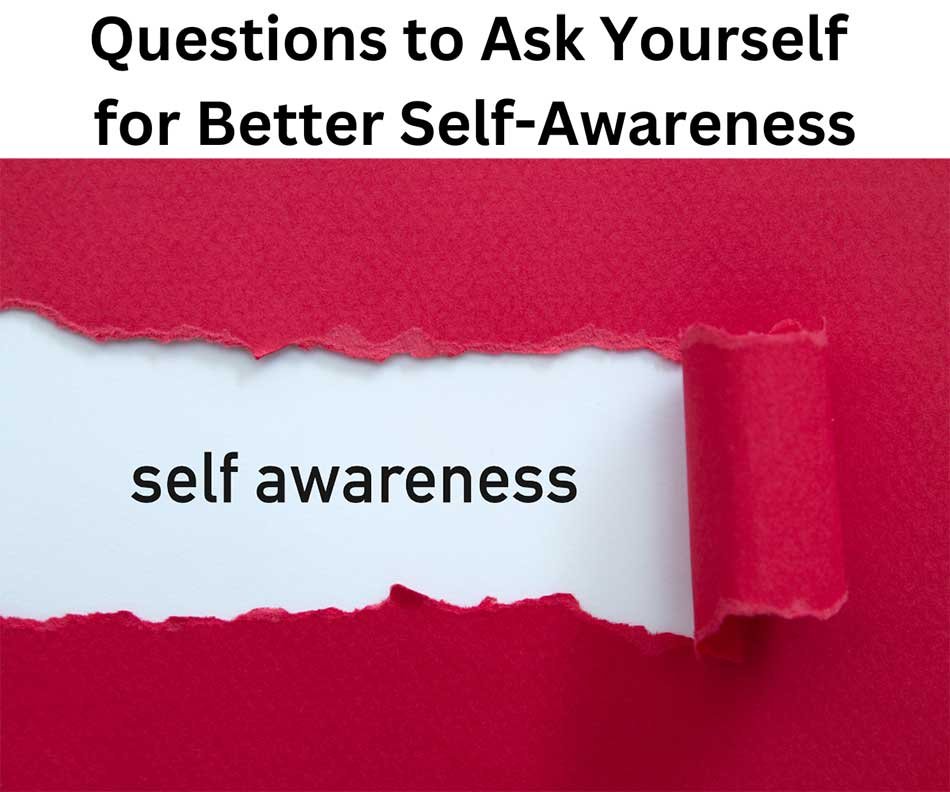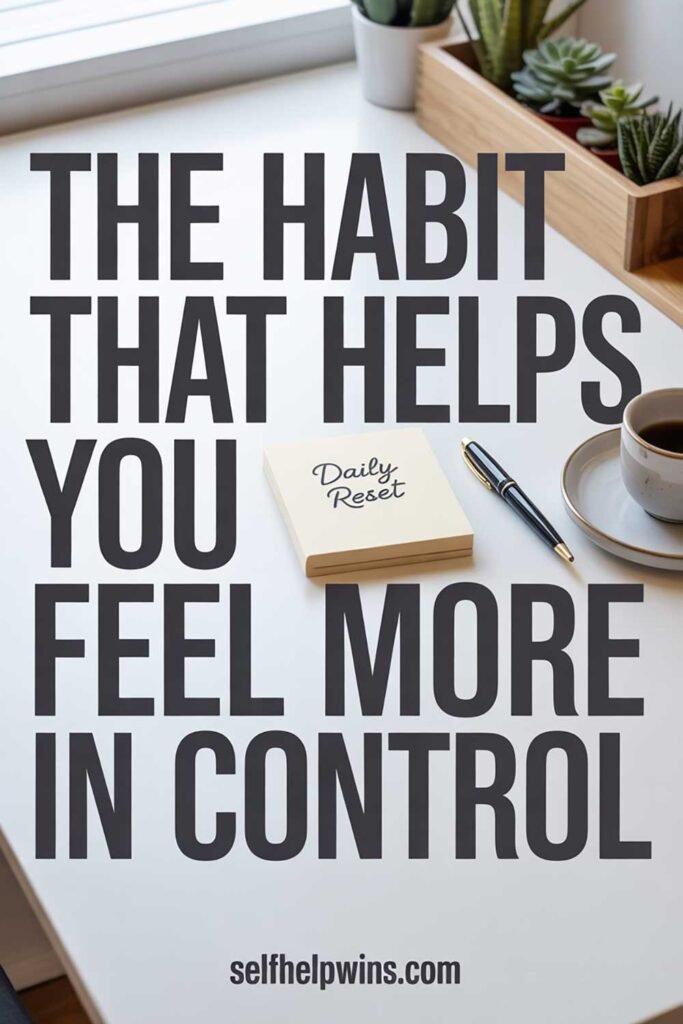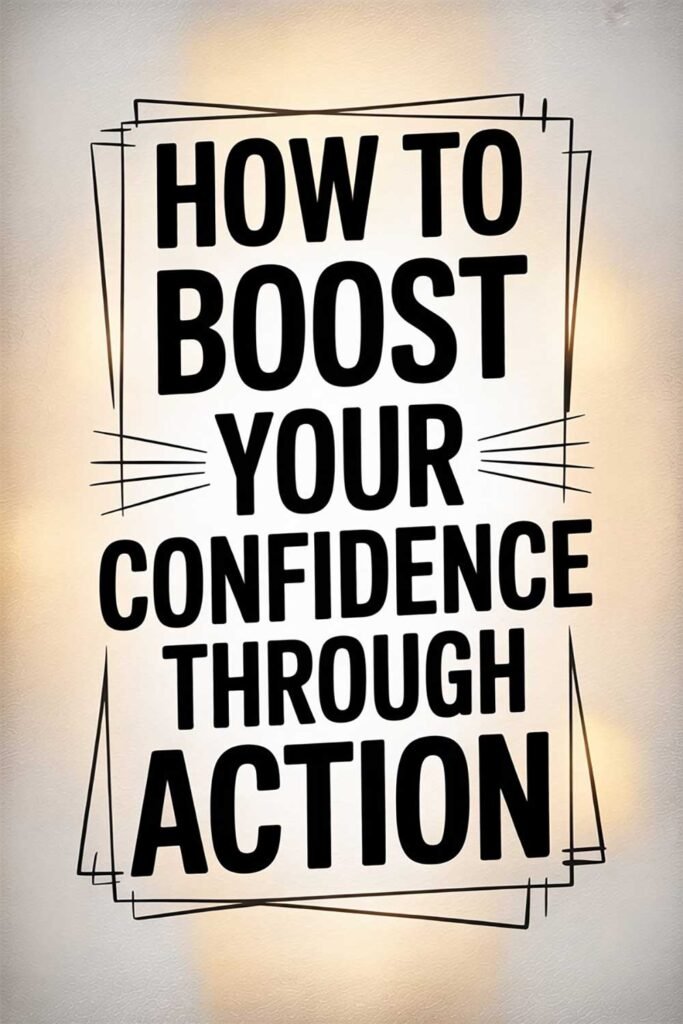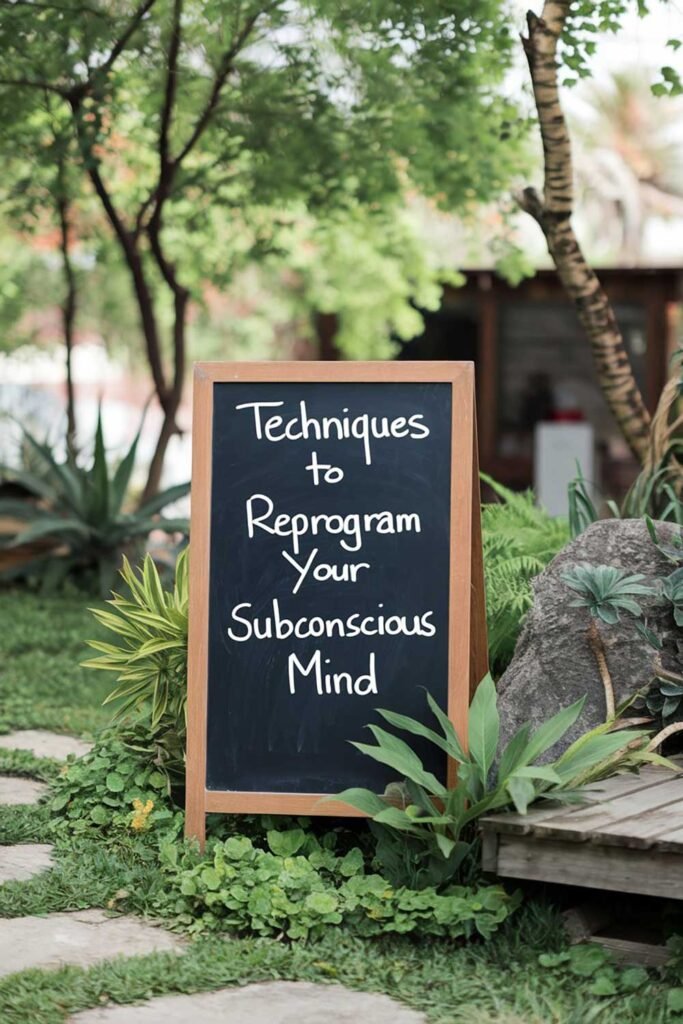
If you know someone who could benefit from this article, please share it with them. These questions could help them uncover profound insights about themselves.
Questions to Ask Yourself for Better Self-Awareness
Why Self-Awareness Matters
Self-awareness is the ability to understand your thoughts, emotions, and behaviors and how they align with your goals and values. By asking the right questions, you can uncover deeper truths about yourself, improve your decision-making, and strengthen your relationships. Self-awareness isn’t just a trait; it’s a skill that can be cultivated with intention.

Benefits of Self-Awareness
- Improved Emotional Regulation: Recognize triggers and respond thoughtfully.
- Enhanced Relationships: Understand how your actions affect others.
- Clearer Decision-Making: Align choices with your core values.
- Greater Confidence: Embrace your authentic self and accept imperfections.
The Power of Self-Inquiry
The questions you ask yourself shape the insights you gain. Thought-provoking questions encourage reflection, challenge assumptions, and inspire growth. Use these categories to guide your self-inquiry journey.
1. Questions About Your Values
Your values are the principles that guide your decisions and behaviors. Reflecting on them helps you understand what truly matters.
- What are my top three values?
- How do my daily actions align with my values?
- What would I stand up for, even if it was unpopular?
- Are there areas where I’m compromising my values?
2. Questions About Your Emotions
Understanding your emotions helps you identify patterns and triggers, leading to better emotional regulation.
- How am I feeling right now, and why?
- What situations consistently make me happy? Frustrated? Sad?
- How do I usually react to stress or conflict?
- What helps me recover after a difficult emotional experience?
3. Questions About Your Strengths and Weaknesses
Knowing your strengths and weaknesses enables you to leverage your talents and address areas for growth.
- What activities make me feel energized and confident?
- What tasks do I find challenging or draining?
- How do others describe my strengths?
- What feedback have I received that I’ve resisted or avoided?
4. Questions About Your Goals
Self-awareness includes understanding your aspirations and what drives you.
- What does success look like to me?
- What goals excite me the most?
- Are my current efforts aligned with my long-term goals?
- What’s holding me back from pursuing my dreams?
5. Questions About Your Relationships
Reflecting on your interactions with others can reveal insights about your communication style and emotional intelligence.
- How do I contribute to my relationships?
- Are there recurring patterns in my conflicts with others?
- What qualities do I value most in my friends and family?
- How do I respond to feedback or criticism?
6. Questions About Your Habits
Your daily habits shape your long-term outcomes. Reflecting on them helps you identify what’s working and what’s not.
- What habits are helping me grow?
- What habits are holding me back?
- How do I spend my time when I’m not working or sleeping?
- What new habit would have the biggest positive impact on my life?
7. Questions About Your Past
Your past experiences shape who you are today. Reflecting on them can provide clarity and healing.
- What past experiences have shaped my beliefs and values?
- How have I grown from my biggest challenges?
- What lessons have I learned from past mistakes?
- Are there unresolved issues I need to address?
8. Questions About Your Future
Exploring your vision for the future can inspire hope and direction.
- Where do I see myself in five years?
- What legacy do I want to leave behind?
- What’s one thing I can do today to move closer to my ideal future?
- How do I want to be remembered?
How to Use These Questions
- Journal Your Responses: Write down your answers to deepen your insights.
- Reflect Regularly: Revisit these questions periodically to track your growth.
- Discuss with Trusted People: Share your thoughts with a mentor, coach, or friend for additional perspective.
- Act on Insights: Use your reflections to make intentional changes in your life.
Picture This
Imagine sitting in a quiet moment, asking yourself questions that unlock clarity and purpose. As you reflect, you discover new patterns, align your actions with your values, and feel a renewed sense of direction. Your self-awareness deepens, empowering you to approach life with authenticity and confidence. What’s the first question you’ll ask yourself today?






